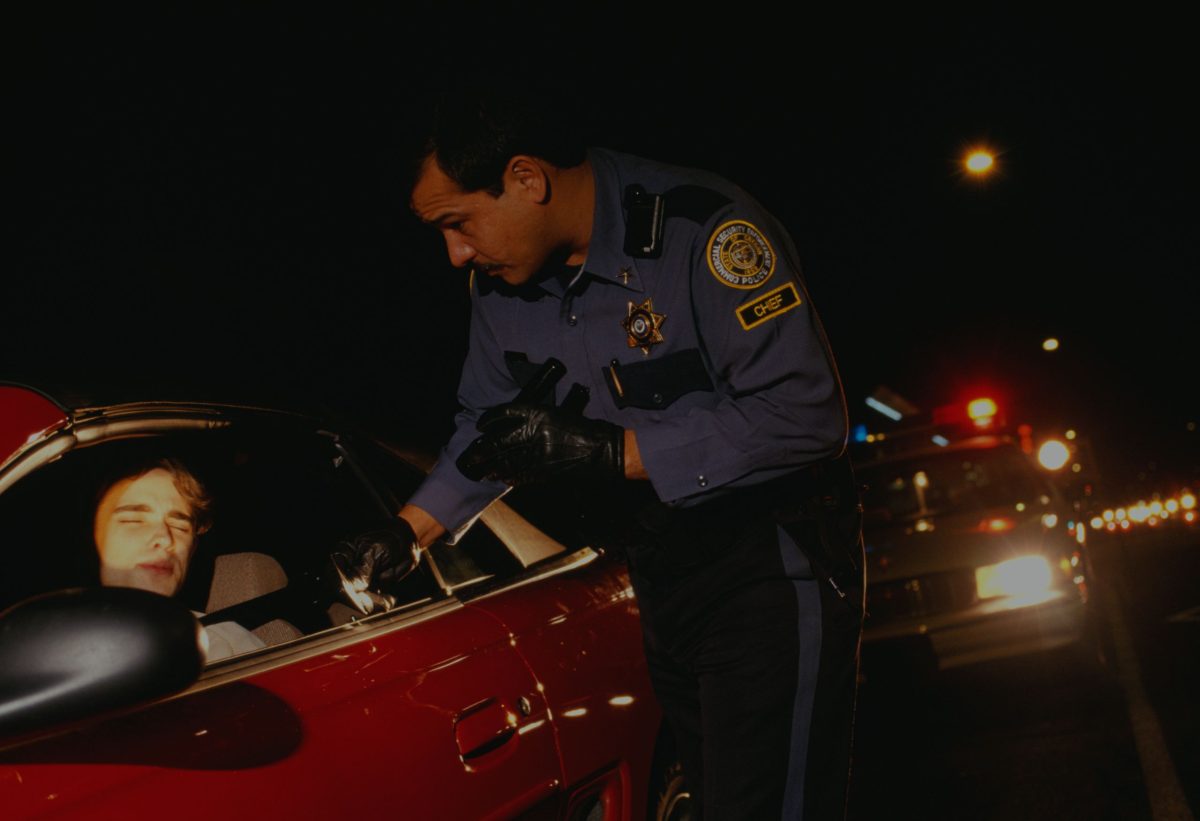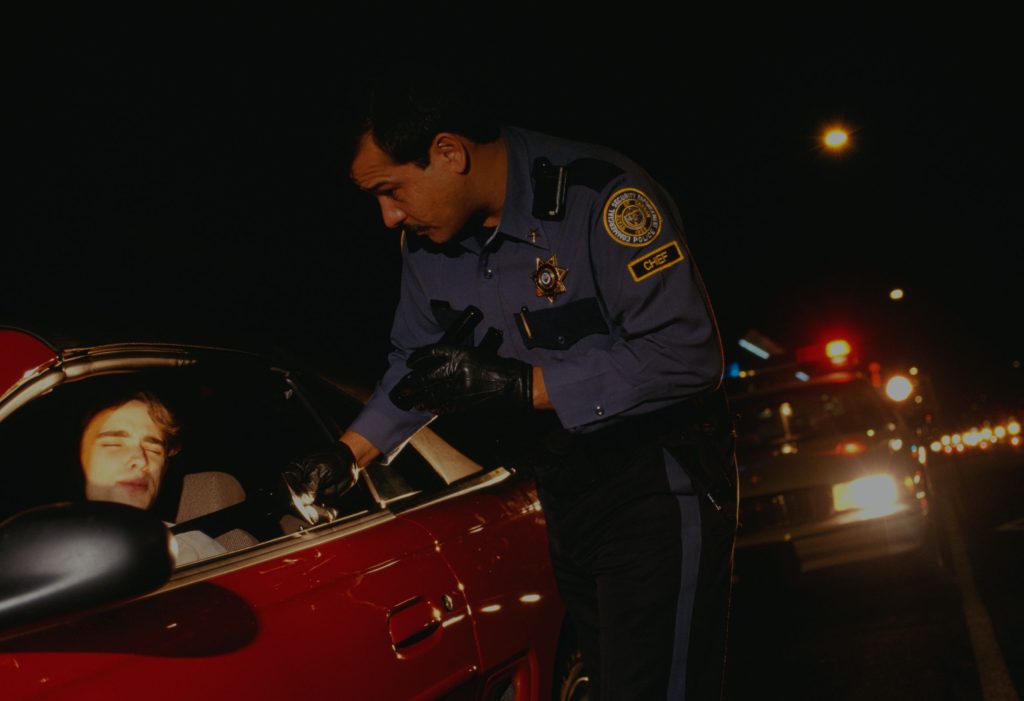Blog
Why You Might Qualify for Expunction and Don't Even Know It?

Many people assume their criminal records are permanent marks they’ll carry forever. They accept that background checks will always reveal past arrests or charges. What they don’t realize is that Texas law provides opportunities to erase certain records completely. These aren’t just sealed from public view; they’re destroyed as if they never existed.
You might qualify for criminal record expungement without realizing it. Perhaps your charges were dismissed years ago, or you completed deferred adjudication successfully. Maybe you were arrested but never charged. Texas expunction laws apply to more situations than most people understand, and qualifying doesn’t always require legal expertise to recognize. Let’s explore the specific scenarios where you might be eligible to clear your record entirely.
What Expunction Actually Means?
Expunction goes beyond hiding records from public view. When a court grants expunction, law enforcement agencies, courts, and criminal justice databases must destroy all records related to your arrest and charges. After execution, you can legally deny that the arrest ever happened.
Difference Between Expunction and Sealing
Expunction destroys records completely. Nondisclosure orders (record sealing) keep records but restrict who can access them. Government agencies and certain employers can still see sealed records, but the general public cannot. Expunction offers more complete relief.
Who Can See Expunged Records?
After a successful expunction, virtually no one can access those records. The arrest won’t appear on:
- Employment background checks
- Housing applications
- Professional license verifications
- Public record searches
- Criminal history reports
Even law enforcement databases remove the information. The legal effect is as though the arrest never occurred.
Arrests That Didn't Lead to Charges
Perhaps the police arrested you, but prosecutors never filed charges. This situation qualifies for immediate expunction in many cases. You don’t need to wait years or meet additional requirements.
Time Requirements for Non-Prosecution
If prosecutors didn’t file charges, you can seek expunction after specific waiting periods:
- Class C misdemeanors: 180 days
- Class A and B misdemeanors: One year
- Felonies: Three years
These waiting periods begin from the arrest date. Once the time passes and no charges were filed, you can petition for expunction.
Why Does This Matter?
Many people arrested during investigations never face actual charges. Prosecutors might determine insufficient evidence exists or that charges aren’t warranted. Yet the arrest record remains, appearing on background checks and creating problems despite your innocence.
Charges That Were Dismissed
Dismissals create strong grounds for expunction. If a court dismissed your charges, you likely qualify regardless of why the dismissal occurred.
Types of Qualifying Dismissals
- Prosecutor’s discretionary dismissals
- Court-ordered dismissals for lack of evidence
- Dismissals after completing pretrial diversion programs
- Due dismissals to mistaken identity
- Dismissed because the statute of limitations expired
The reason for dismissal typically doesn’t affect eligibility. The key factor is that charges were formally dismissed rather than resulting in a conviction.
Conditional Dismissals
Some dismissals come with conditions like completing community service or attending classes. Once you satisfy all conditions and obtain formal dismissal, you can pursue expunction. Keep documentation proving you met every requirement.
Acquittals After Trial
If you went to trial and the jury found you not guilty, you qualify for immediate expunction. Acquittals prove your innocence, and Texas law recognizes you shouldn’t carry records of crimes you didn’t commit.
Partial Acquittals
Sometimes juries convict on some charges but acquit on others. You can seek expunction for the acquitted charges even if convictions exist on related matters. Each charge stands independently for expunction purposes.
Bench Trials
Judge-decided cases (bench trials) follow the same rules as jury trials. Not guilty findings from judges create expunction eligibility just as jury acquittals do.
Pardons and Certain Juvenile Records
Receiving a pardon from the governor creates expunction eligibility even after conviction. Pardons are rare but powerful tools for clearing records.
Full Pardons vs. Conditional Pardons
Full pardons grant complete forgiveness and create immediate expunction rights. Conditional pardons might not qualify depending on their terms. Review pardon documents carefully to understand which type you received.
Juvenile Records
Conduct occurring before age 17 might qualify for expunction under special juvenile provisions. Texas law recognizes that youthful mistakes shouldn’t define entire lives. Specific waiting periods and eligibility requirements apply based on the offense type and your age at the time.
Identity Theft Victims
Were you arrested for crimes someone else committed using your identity? Identity theft victims can seek expunction even if initial investigations suggested they were involved.
Proving Identity Theft
You’ll need evidence showing someone else used your identity. This might include:
- Police reports documenting identity theft.
- Affidavits explaining the situation
- Evidence showing you were elsewhere when the crimes occurred.
- Documentation of fraudulent use of your identifying information
Courts take identity theft seriously. Strong evidence that someone else committed crimes in your name creates compelling grounds for expunction.
Certain Alcohol-Related Minor Offenses
Texas provides special expunction provisions for alcohol offenses committed as minors. If you were charged with minors in possession of alcohol or similar offenses before turning 21, you might qualify.
Eligibility Requirements
You can seek expunction if you:
- We were under 21 when charged.
- Have turned 21 since the offense.
- Successfully completed any required programs or probation.
- Haven’t committed other offenses.
This provision recognizes that teenage drinking mistakes shouldn’t haunt people into adulthood. Many people don’t realize these specific offenses have easier expunction paths.
The Expunction Process Explained
Filing the Petition
Expunction begins with filing a petition in the court where charges were filed or arrests occurred. The petition must list all agencies that have records related to your case. This includes police departments, sheriff’s offices, courts, and the Texas Department of Public Safety.
Serving Notice
All agencies listed in your petition must receive formal notice. They have opportunities to object if they believe you don’t qualify. Most agencies don’t object when eligibility is clear.
The Hearing
Courts schedule hearings to review expunction petitions. You’ll need to prove you meet statutory requirements. This involves presenting dismissal orders, acquittal judgments, or other documentation showing eligibility.
After the Court Order
Once a judge grants expunction, the court order goes to all relevant agencies. They must destroy their records within specified timeframes. You’ll receive certified copies of the order proving expunction occurred.
Taking the Next Step
You might qualify for expunction right now without realizing it. Old dismissed charges, arrests that never became cases, or acquittals from years ago could all be eligible. Don’t let a lack of information keep you from opportunities to clear your record. If you believe you might qualify for criminal record expungement, L & L Law Group can review your situation and determine whether expungement is available for your specific circumstances.



















